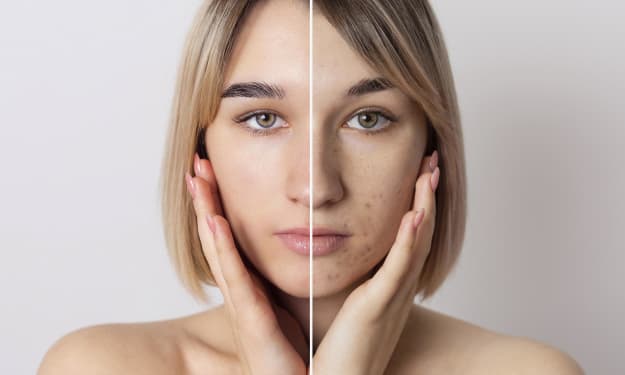
The Amazing Health Benefits Of Eating Eggs Every Single Day
Even if you eat two eggs a day, it won't make a real difference. You may all have different views about the nutritional value of eggs, based on the information you have gathered via the Internet. There are many of you who are hesitant to eat eggs since they are high in fat and cholesterol, however, what is less known is that cholesterol and fats in eggs are only harmful to people with heart problems and heart disease.
Eggs are actually among one of the most nutritious foods a person can eat. A whole egg contains all the nutrients needed to create a chicken from a single cell. There are a number of trace nutrients present in eggs as well that are critical for your health. Eggs of all forms – scrambled, poached, boiled, omelets – are packed with all the essential nutrients that you need to keep you healthy.
Eating eggs every day may have significant health benefits, such as increased energy levels, improved concentration and memory, and decreased cholesterol. They are also a good source of protein, vitamins, and minerals. Half a cup of cooked eggs contains 6 grams of protein, 14 essential vitamins and minerals, and important nutrients such as choline that encourage brain health for an active lifestyle.
The breakfast food we can't live without is eggs. Not only are they packed with protein, but they are also versatile and easy to prepare. You can eat eggs for dinner, or even make them for lunch if you need to eat between classes.
Throughout history, eggs have been one of the staples of the human diet, and with good reason. Eggs, not only are delicious, but they also contain protein, calcium, and a variety of other nutrients, and provide many vitamins and nutrients. The following are some of the benefits of including eggs in your diet.
A Nutritious And Delicious Taste
A well-balanced diet is likely to maximize the nutritional value of eggs, despite their relatively small size and nutritional value.
There are about 77 calories in a large boiled egg, and it has the following nutrients:
Vitamins A, B5, B12, D, E, K, B6
Folate
Phosphorus
Selenium
Calcium
Zinc
Six grams of protein
Five grams of healthy fats
As an internal medicine specialist at Keck Medicine of USC, Dr. Kurt H. Hong believes that eggs offer you a good source of protein and heart-healthy unsaturated fat. They also contain important vitamins, such as vitamins B6, B12, and D.
Omega-3 Fats Contain A Variety Of Fatty Acids
All eggs have different levels of nutrients depending on the type of food the hen was fed and how the hen was reared. Some of the fatty acids that are present in eggs, including DHA, contribute to brain health, vision, and lowering blood triglyceride levels. Eggs are a great alternative to fish since they are also rich in omega-3 fatty acids.
High-Quality Proteins
Proteins are a central part of a well-balanced diet and are essential for a healthy body. They help to construct and maintain the body's tissues. One large egg contains approximately six grams of protein. Furthermore, it contains all of the essential amino acids that are required by the body for protein synthesis. In order to build stronger bones, gain muscle mass, and burn fat, you need enough protein.
Eggs Raise Healthy Cholesterol
HDL, a type of “good cholesterol,” is increased when eggs are consumed. According to one study, those with higher HDL levels suffer less from heart disease, stroke, or other health issues. When consumed once a day for six weeks, HDL levels were increased by 10%.
We Need More Choline
Hard-boiled eggs contain about 147 mg of choline, which is 29 percent of the daily recommended value recommended by the FDA. Choline is a good source of antioxidants and is often classified with B vitamins.
It's Good For Your Eyes
Glutadin and zeaxanthin are the antioxidants found in eggs and they are found mainly within the retinas of the eyes. We can prevent eye disorders such as cataracts and macular degenerative diseases if we consume enough of these nutrients. Vitamin A is found in eggs as well. Vitamin A deficiency (insufficient vitamin A) is a leading cause of blindness in the world.
Eggs are an excellent source of protein, heart-friendly unsaturated fats, and vitamins B6, B12, and D.






Comments
There are no comments for this story
Be the first to respond and start the conversation.